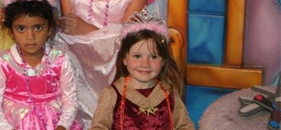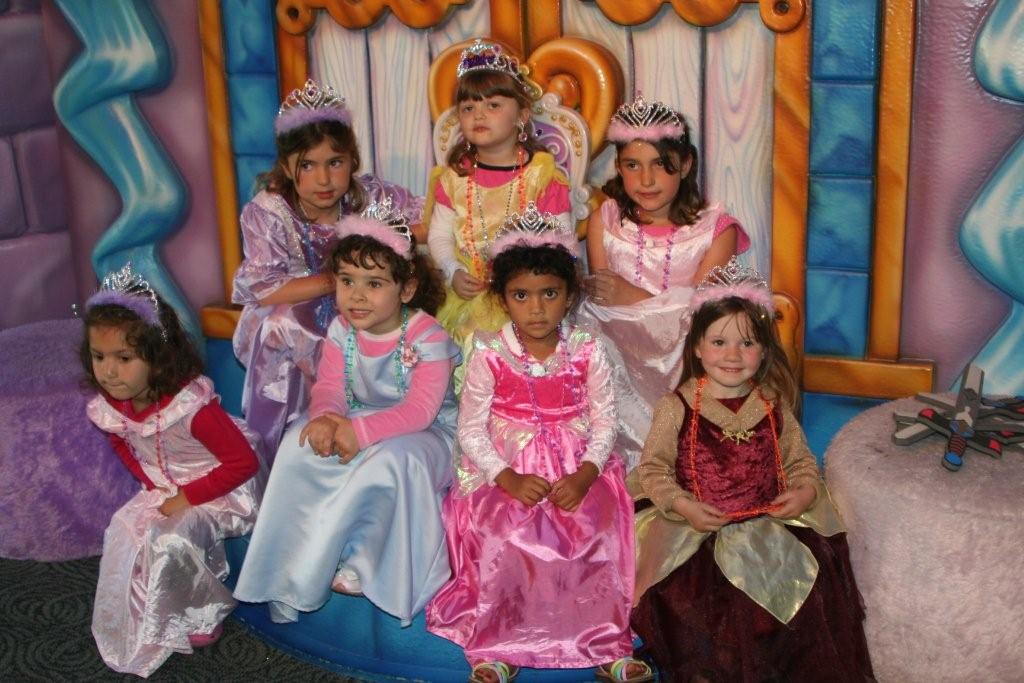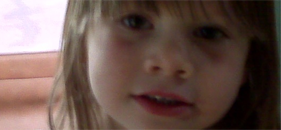
The Fear of Forgetting a Loved One
My daughter died just after turning four years old. One of my biggest fears has been that she will be forgotten. But what does that fear actually mean? What exactly am I really scared of? And how do I combat the fear?
The idea that she will be forgotten is actually two separate fears.
The first fear is that friends and even family will stop thinking of her and, in essence, “forget her”.
In reality, this is the natural course of life. I have beloved relatives and dear friends who have passed and yet I rarely think of them. Does it mean they didn’t exist or have any less impact on my life? No. Nor does it mean I love them any less. What it does represent is that life goes on and current matters occupy our minds.
When family and friends stopped talking about my daughter it felt like they no longer thought of her. And though it’s been years since she died, my daily thoughts are still filled with memories and longing for her. In the first few years of my grief, this disconnect made me feel even more isolated from the “normal” world.
Our society tends to not want to talk about grief or the lingering pain of loss after the funeral is over. So I and many other grieving people go about our business and lead two lives. We have the “normal” life that goes about trying to live and act the way we did before they died. Then we have our “private” life where we still struggle to figure out how to work through the pain of grief. We must learn how to once again embrace the love, joy, and adventures that surround us.
The second part of my fear has to do with me and my memory.
With every passing day, and with all the new information coming in, memories of my daughter tend to get crowded out and forgotten.
All those everyday moments that I took for granted at the time have already faded into the abyss of memories lost to time. With my daughter no longer physically here, memories of her have become precious commodities. Those few memories of specific moments captured in time allow me to momentarily remember not just who she was, but remember life before the pain of her death forever changed me and my world.
It makes me sad that her older brothers say that they have very few specific memories of her. It makes me sadder that her baby brother never had the chance to meet her. He will have to rely on our stories and descriptions of her if he ever wants to get to know her.
To combat this fear, I have tried to write down as many memories as I can – even if they are mundane.
I keep them in a journal, and some I post to www.aliveinmemory.org to share them with others. This way I can refer back to them and share them with whoever is interested in reading them. Her brothers can read these memories and share them with their eventual families.
But I wonder, is my fear of forgetting my memories really necessary? Does it make me a bad mother that I can’t remember more moments I shared with her? Of course not. Does it mean my love for her will fade with the memories? Absolutely not.
I wish I could remember more specific memories of the time we shared with her. But I will try to be content knowing that I will never forget how much I love my daughter or how much she means to me. I will never forget her personality quirks, her vivid imagination, and endless creativity. And I will never forget how her life – and her death – have helped me grow tremendously in my understanding of this life and how best to live it.






 This website was inspired by the memory of Margareta Sol Kubitz in hopes of helping others work through the pain of grief.
This website was inspired by the memory of Margareta Sol Kubitz in hopes of helping others work through the pain of grief.